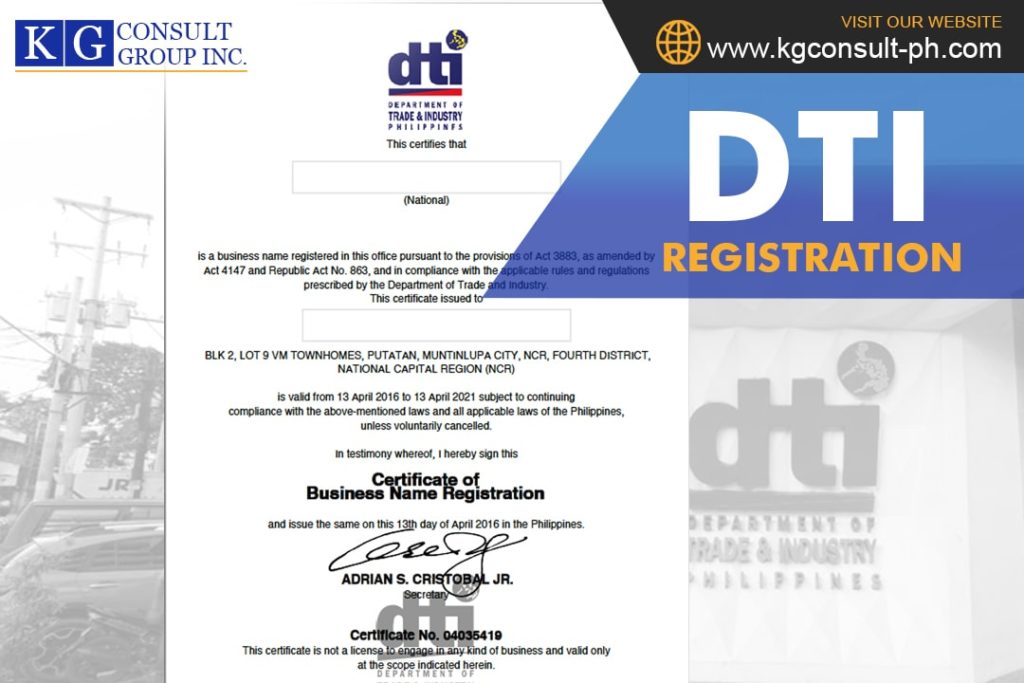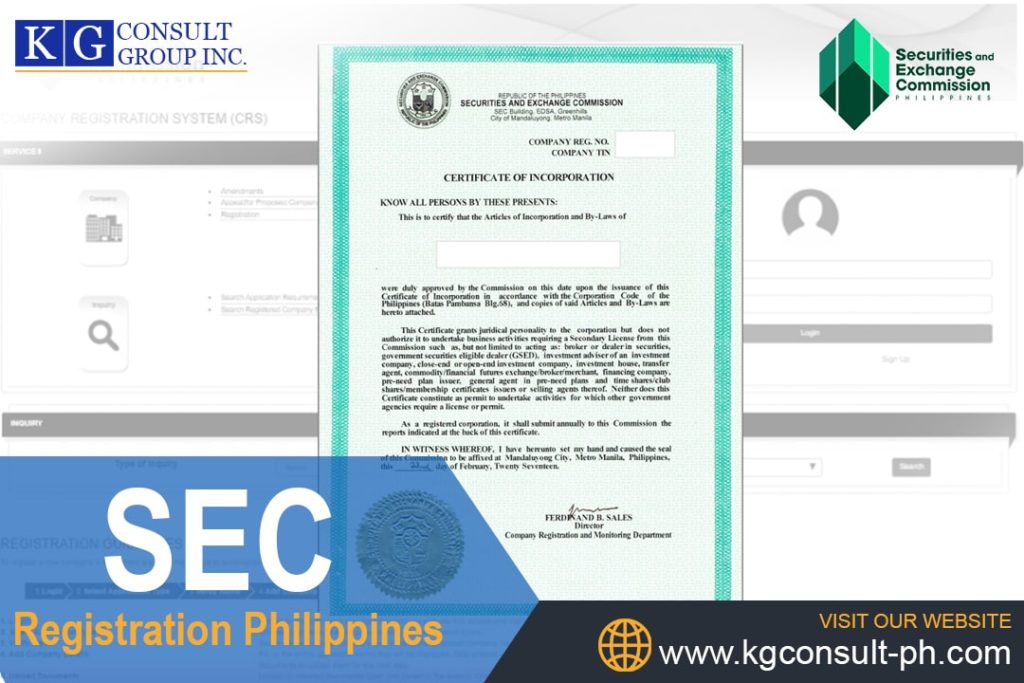Steps in Business Registration in the Philippines
The Growing Philippine Economy
Philippines is now one of Asia’s fastest-growing economies. In fact, during the second quarter of 2016, the country recorded a 7% Gross Domestic Product (GDP) growth, which is the highest among the economic tigers of the region (as announced by Socioeconomic Planning Secretary Ernesto Pernia). One of the reasons for the country’s economic development is the increase in business activities and foreign direct investments due to increasing demand in the market, especially in the industry and services sectors.
More Filipinos are getting into business, and the increase of 21,000 in new business names being registered at the Department of Trade and Industry (DTI), Securities and Exchange Commission (SEC), and Cooperative Development Authority (CDA) is a reflection of this new trend.
Types of Business in the Philippines according to Ownership Structure
Business is a good way to earn money, save up for properties, and live a comfortable lifestyle. It gives you flexible time and convenience that a normal 8am to 5pm job cannot give. If you want to join the growing number of Filipino entrepreneurs and live the life you only dreamed of, you need to first know which type of business you will venture into.
Single Proprietorship
This is a type of business that is owned by a single person. The business owner/proprietor controls and is responsible for all the things related to the business, including the profits, losses, and tax matters. Single/Sole Proprietorship is not a legal entity, therefore there is no legal distinction between the owner and the business. (to be registered with Department of Trade and Industry or DTI)
Partnership
It is a business owned by two or more individuals or partners. In this business type, the partnership can either be general or limited. In general partnership, all partners share the same “unlimited” liability for debts and obligation while in limited partnerships, one specific partner has unlimited liability while the others are only responsible up to a certain amount, usually up to their capital or contribution. Within the context of Civil Code of the Philippines, a partnership is treated as an artificial being created by operation of law with a legal personality separate and distinct from its owners or partners. (to be registered with Securities and Exchange Commission or SEC)
Corporations
Like partnership, corporation is also an artificial being created by operation of law. This must be created by at least 5 but not more than 15 incorporators. The corporation can be stock (profit oriented) and non-stock (non-profit or for public purposes like foundation, association, etc.). Shareholders’ liability to the company is up to the amount of his or her capital contribution only. (to be registered with Securities and Exchange Commission or SEC)
Additional information: Foreigners can own business in the Philippines up to 100% ownership. Read the “Foreign Investments Act of 1991, as amended by RA No. 8179” for the investment areas/activities which are open to foreign investors and/or reserved to Filipino nationals only.
Why Register your Business?
To have a good start in business you need to be compliant with the laws, rules, and regulations from the beginning. Strictly speaking, it is unlawful to commence operation without completely registering your business first. In fact, Bureau of Internal Revenue (BIR) mandates that no accredited Invoices and Official Receipts, no business operation.
Business registration has corresponding costs, but these costs are your investment for the future. Having your business legally registered will not only give you peace of mind but also unlimited opportunities for business growth. Business registration must be done correctly and strategically, so getting right person or firm to do it is important.
Steps for Business Registration
There are factors you have to consider and steps you have to follow in order to successfully register your business. Here are the basic processes:
1. Register your business name.
Go to DTI for sole proprietorship, SEC for partnerships or corporations, and CDA for cooperatives. Read here for more detailed guidance: DTI Registration in the Philippines and SEC registration in the Philippines.
2. Get a Barangay Clearance.Go to the barangay hall where your business address is located and obtain for a clearance. Requirements are DTI/SEC Certificate, Occupancy Permit, Contract of Lease, map/sketch of your business location
3. Apply for a Mayor’s Permit/Business Permit.
Go to the City Hall and bring the following requirements: DTI/SEC Certificate, Barangay Clearance, Occupancy Permit, Contract of Lease, map/sketch of location of your business, and two valid IDs.
4. Register your business in BIR.
Bring the following requirements: BIR Form 1902 (corporation/partnership) or BIR Form 1901 (sole proprietorship), paid BIR form 0605 or the registration fee, proof of payment of Documentary Stamp Tax (BIR Form 2000), DTI/SEC certificate, Contract of Lease, Mayor’s Permit.
You must have the following after the registration: BIR Form 2303 or Certificate of Registration, BIR placard Ask for BIR Receipt, Authority to Print, BIR accredited receipts and invoices and Books of accounts with BIR stamp.
5. Activate/apply your registration as employer in SSS, PhilHealth, and Pag-IBIG.
If you are a sole proprietor, you have to register as a self-employed member of SSS, PhilHealth, and Pag-IBIG and also register all your regular employees, if any.
Same as sole proprietorship, the corporation and partnership must go to SSS, Philhealth and Pag-IBIG for the registration as employer. The difference is, there is already pre-registered number generated when you had the SEC registration. All regular employees must also be registered accordingly.
For more guidance on BIR Registration as sole proprietorship, please read this article: Steps and Requirements in BIR Registration – Self Employed and Mixed Income Individuals.
Disclaimer: All content provided in this article is for informational and general discussion purposes only and may become outdated due to constant changes of the laws, rules and regulations over time. It does not substitute for an expert or legal advice. Contact your preferred professional for more detailed and accurate guidance based on your circumstances. For comments, suggestions and inquiries, please contact us at info@kgconsult-ph.com







